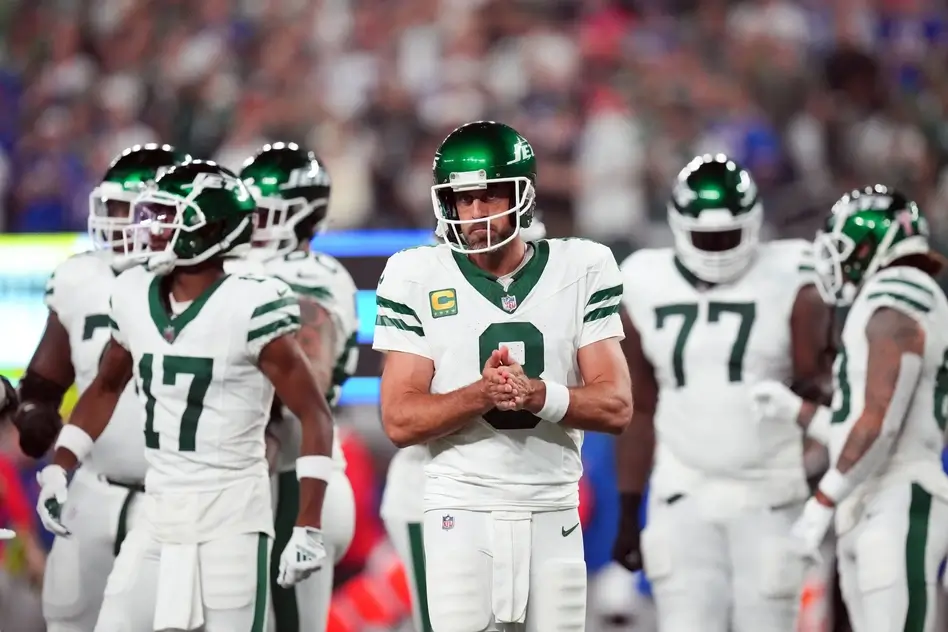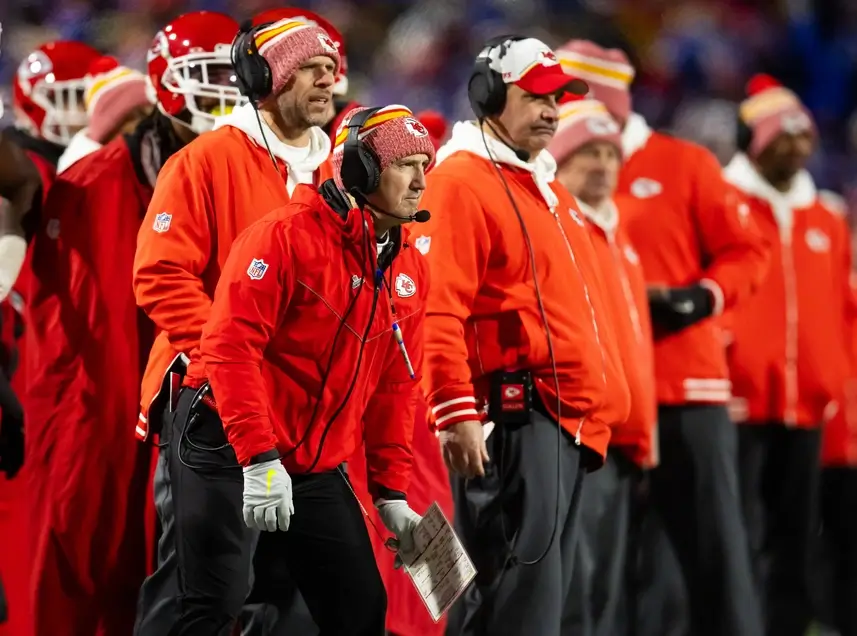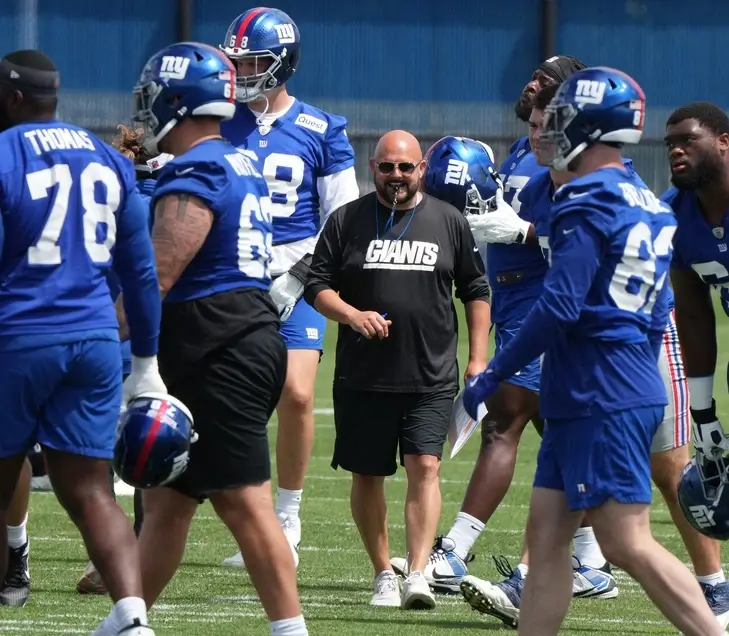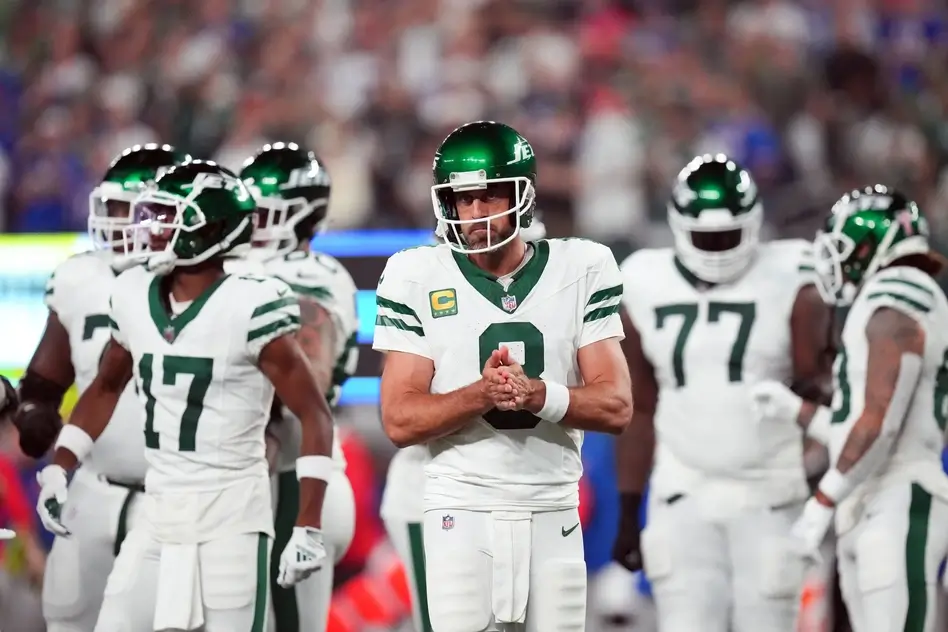When NFL free agency rolls around every year, some fans still need the NFL franchise tag explained to them. This is because the NFL operates a little differently than other sports.
In short, the NFL franchise tag is a way for a team to keep a player around for one more season rather than signing that player to a long-term deal and risk it turning into one of the worst contracts in NFL history. However, the franchise tag is a little more than that.
NFL Franchise Tag explained
If you’re a fan who still isn’t sure how to determine a franchise tag salary or franchise tag values, we’ve got you covered.
The NFL salary cap details are already confusing enough for most fans. That’s why if you need the NFL franchise tag explained, we’d like to clear things up by answering some of the basic questions about the NFL’s franchise tag and how it works.
What is the NFL Franchise Tag?
The NFL franchise tag is a special designation that teams can apply to a player who is about to become an unrestricted free agent. Labeling someone as a franchise player prevents them from hitting the open market as a free agent and keeps them with that team for one more year. However, every team can only name one franchise player every year.
The franchise tag is typically reserved for a star player that a team doesn’t want to lose to free agency. Often, teams put the franchise tag on a player after failing to reach a long-term agreement with that player. Using the franchise tag gives the player and team a little more time to agree on a contract extension. However, franchise players have a deadline for negotiating an extension. Once training camp begins, the team and the player who received the franchise tag can’t negotiate an extension until the following offseason.
The window for labeling players with the franchise tag lasts just two weeks during the early part of the offseason. Each year, the window for franchise tags closes several days before the start of free agency. That means everything is sorted out with regard to what players won’t be on the open market because they’ve been given the franchise tag before the official start of free agency.
How much is the Franchise Tag worth?
Using the franchise tag on a player means paying them a higher salary. Players given the franchise tag are offered a one-year contract that’s worth at least 120% of their salary from the previous season. However, the franchise tag salary could be even more than that.
It’s either 120% of their salary from the previous season or the average of the top-five salaries or cap hits of players at their position, whichever is more.
Whether the potential salary is based on the top-five salaries or the top-five cap hits depends on whether a franchise player is given an exclusive or non-exclusive tag; more on that later.
Either way, assigning the franchise tag to a player can come with a hefty price tag for that team, especially if the player getting the franchise tag plays a premium position where the salaries are higher.
Which players can a Franchise Tag be used on?
As mentioned, any player who is set to become a free agent is eligible to receive the franchise tag. This usually means that there are several players on each team who are eligible to receive the franchise tag in a given year. Of course, teams can only use it on one player per year and most teams end up not using the franchise tag on anyone.
After all, it’s usually reserved for star players that a team thinks it will lose in free agency and wants more time to negotiate an extension.
Keep in mind that it’s possible for players to receive the franchise tag in consecutive seasons. After all, if a player is given the franchise tag for one year, they are then set for free agency the following year as well.
The catch is that franchise tag values increase if a player is tagged in consecutive seasons. Remember that the same salary rules apply. At a minimum, the player will receive 120% of the salary they made the previous year, which would have already been increased from the last year they were under contract, meaning player salaries get quite high if someone receives the franchise tag in consecutive years.
What are the different types of Franchise Tags?
As mentioned, players given the franchise tag are designated as either exclusive or non-exclusive. For the player, this designation could impact their salary under the franchise tag. Players given the exclusive tag could make the average of the top-five salaries of players at their position or 120% of what they made the previous year, whichever is more.
For non-exclusive players, their salary depends on the average of the top-five cap hits of players at their position or 120% of their salary, whichever is more.
For teams, the exclusive tag means having exclusive negotiating rights with that player. That means the player must agree to the offer that comes with the franchise tag or sit out the entire season. On the contrary, the non-exclusive allows the player given the franchise tag the opportunity to decline the franchise tag offer and negotiate a contract with other teams.
However, their current team has the right to match any offer they get, keeping them with their current team. If the team decides not to match that offer, they receive two first-round picks, meaning they get something in return for losing that player.








